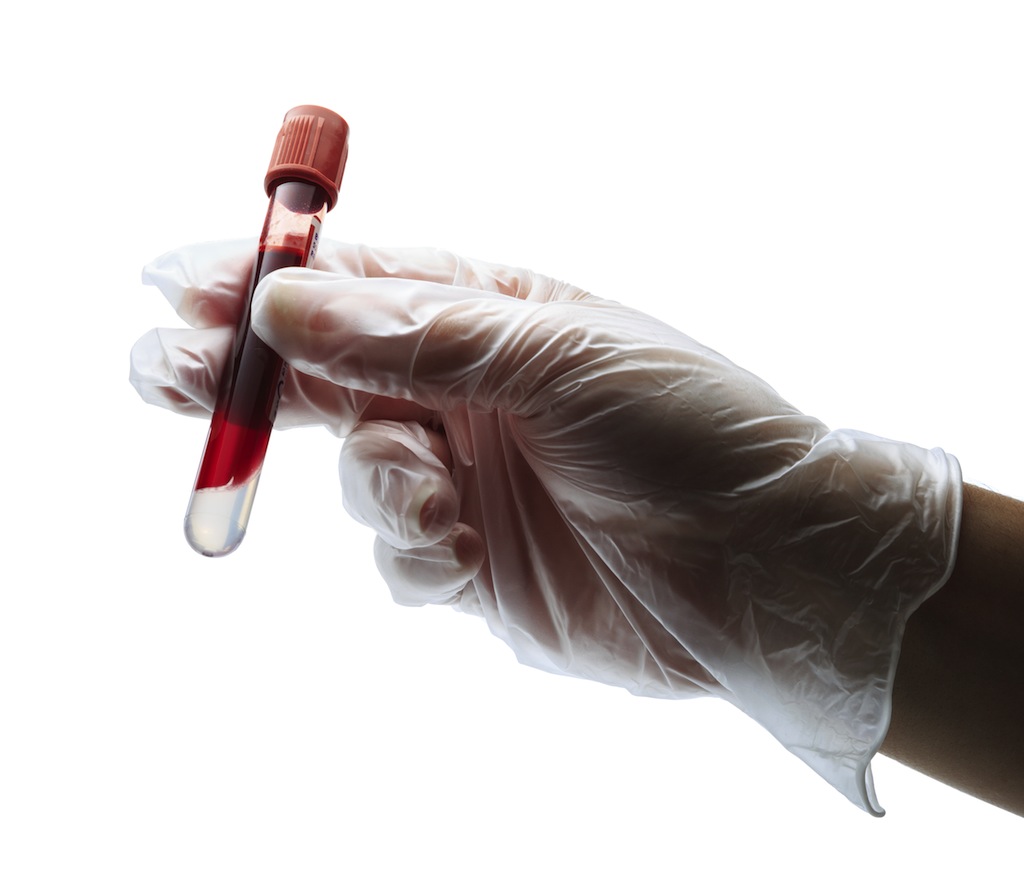Chronic viral hepatitis is a serious illness with potentially devastating consequences,
including liver failure and liver cancer, if left untreated. Millions of Americans are living with it, and yet, most don’t know they are infected. Getting tested and knowing your status could save your life. This month has been designated Hepatitis Awareness Month and May 19 has been designed Hepatitis Testing Day. It’s possible for people to become ill decades after being infected with viral hepatitis; know the facts and get tested.
The Centers for Disease Control and Prevention’s (CDC) Division of Viral Hepatitis is promoting two national campaigns in observance. The Know More Hepatitis™ and
Know Hepatitis B. The populations most at risk for Hepatitis B are Asian American and Pacific Islander (AAPI) communities. Baby boomers, those born between the years of 1945 and 1965, are at particularly high risk of Hepatitis C infection. Below is the CDC’s list of four things you should know about hepatitis.
Hepatitis A, Hepatitis B and Hepatitis C are all different diseases
Each type of hepatitis is caused by a different virus and spread in different ways.
Hepatitis A does not cause a long-term infection, although it can make people very sick.
Hepatitis B and Hepatitis C can become chronic, life-long infections and lead to serious health problems.
Chronic hepatitis is a leading cause of liver cancer
Chronic hepatitis B and C can cause serious damage to the liver, including liver damage, cirrhosis, and even liver cancer.
In fact, more than 60 percent of liver cancer cases are related to Hepatitis B or C.
Most people with chronic hepatitis do not know they are infected
More than five million Americans are living with chronic hepatitis in the United States, but most do not know they are infected. Many people live with chronic hepatitis for decades without symptoms or feeling sick.
Getting tested could save your life
Lifesaving treatments are available for chronic hepatitis B and new treatments are available that can cure Hepatitis C. Still, getting tested is the only way to know if you are infected.
Take CDC’s Hepatitis Risk Assessment to see if you should be tested for viral hepatitis.
KNOW YOUR HEPATITIS STATUS GET OUT & GET TESTED
The healthcare professionals at the New Jersey AIDS/HIV/STD Hotline and the
CDC urge all Americans, including pregnant women, to get tested for hepatitis.
A simple blood test is all that is needed to know if you are infected. seek medical care Early detection and treatment can make all the difference in living a long, healthy life. Those that are not infected should speak to their healthcare professionals about getting vaccinated to prevent getting the virus in the future.
For more information, questions, or concerns about hepatitis as well as HIV and other STIs, call 1-800-624-2377, text 8006242377, email@njpies.org. Calls are free and confidential. Services are available 24 hours a day, seven days a week.

